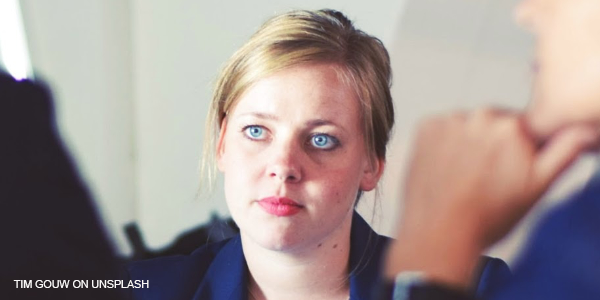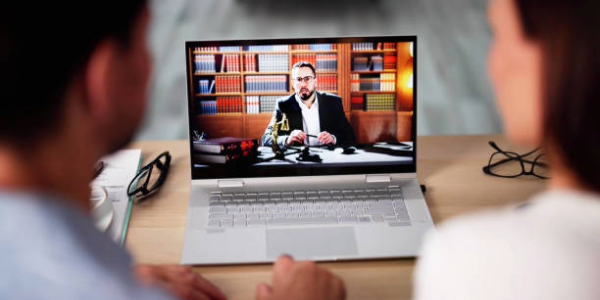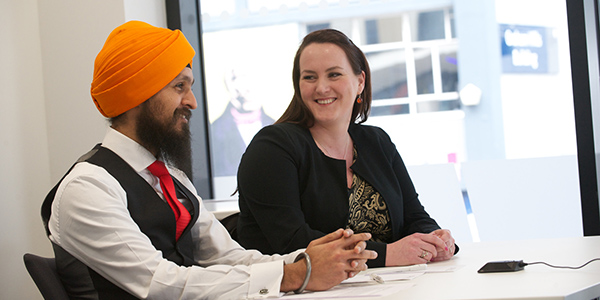Strathclyde's Mediation Services
The Mediation Clinic provides a free mediation service for Simple Procedure actions in Scotland, in which experienced practitioners work alongside trainee mediators to help people resolve disputes.
Strathclyde is known as the ‘place of useful learning’ and is proud to serve the wider community. The Mediation Clinic aims to have a positive impact on society by helping to embed a mediatory approach within the Scottish justice system.
The Mediation Clinic is part of the Law School at Strathclyde in the city centre of Glasgow. It is Directed and Supervised by Dr Charlie Irvine, Course Leader of the LLM/MSc in Mediation and Conflict Resolution.




.jpg)

.jpg)